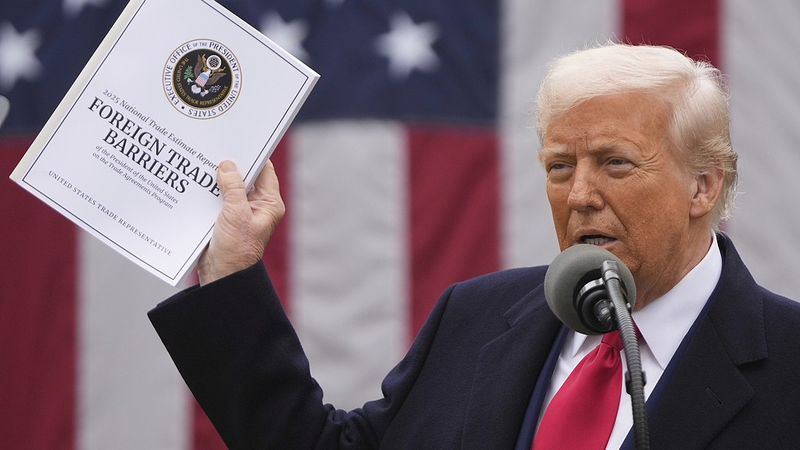In a controversial twist to international trade, the U.S. under former President Trump has launched a series of "reciprocal tariffs" affecting nearly 200 countries and regions. Originally intended to address trade imbalances, these measures have sparked a global debate as their fallout appears to be most burdensome for the world's poorest.
Labelled by experts as a blunt instrument in trade negotiations, the tariffs have disrupted markets across a wide spectrum of economies. Both allies and rivals find themselves grappling with unexpected economic challenges, as vulnerable nations—already struggling with limited resources—face escalating costs and slowed growth.
Data-driven insights suggest that while the intended aim was to leverage pressure on counterparties, the broader impact has revealed an uneven playing field. CGTN's Liu Jiaxin offers a detailed breakdown of how these economic measures are rippling through emerging markets, raising concerns among global business leaders and policymakers alike.
As the debate continues, the situation highlights how national policy decisions can have profound ramifications for international communities. Observers urge a rethinking of strategies to better balance national interests with the collective well-being of those most at risk globally.
Reference(s):
cgtn.com




